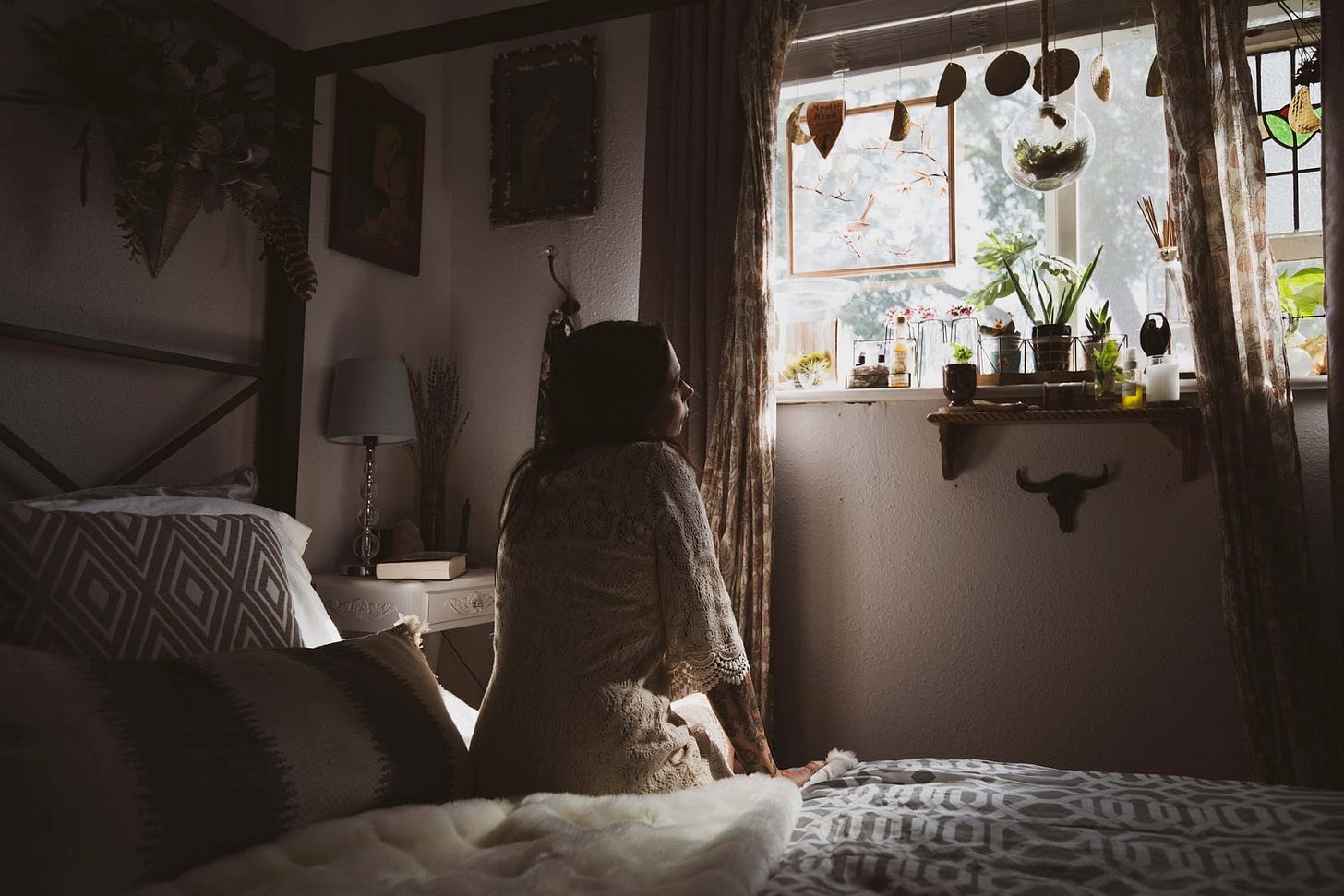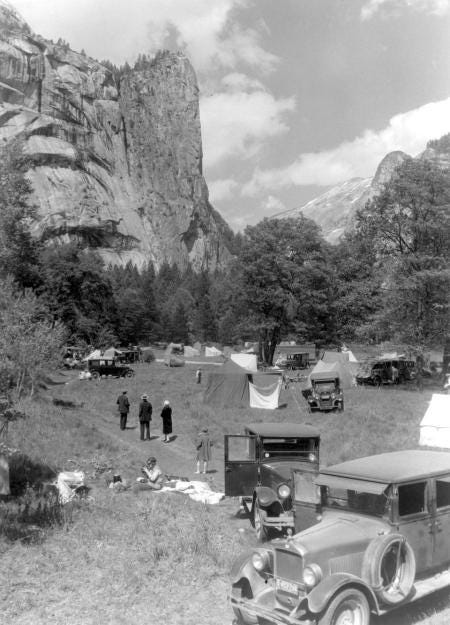Simple climate action // I S S U E # 3 0 // T R A V E L
Adventure is a mindset
In 1829, French writer Xavier de Maistre published a popular parody of travel writing, A Journey around my Room. The former soldier had been banished to his quarters for 42 days as punishment for dueling. He used his time to explore both his room and his imagination, riffing on the delights and dramas of his bed, re-experiencing the dawn from his window, lamenting failed loves, and reminiscing on his childhood.
“What a rich storehouse of enjoyment has kindly nature endowed on those men whose hearts are able to enjoy!” he wrote. “And what a variety in those enjoyments! The spectacle of nature, our ability to contemplate it both as a whole and in every detail, opens up an immense field of enjoyment for reason to explore.”
In the pensive start to 2021, the parody A Journey around my Room reads like a chronicle of the last year for many of us. De Maistre was mocking some of the ostentatious travel writing of the time, the grand tours of Europe conducted by wealthy young men — the root, in fact, of the word ‘tourism’. It marked the beginning of a trend for personal travel that has become inextricably tied to well-being and increasingly affordable.

But as Rosie Spinks explained in our first edition on this issue, travel after pandemic may never be quite the same. In fact, we’ve made a few predictions below about what comes next, and how we can savor the world finally opening up again after more than a year under lockdown.
Receptivity to where we are is the key to travel, said British philosopher Alain de Botton on Maistre’s contribution to history. “We approach new places with humility,” says Botton. “We carry with us no rigid ideas about what is interesting… we find a supermarket or hairdresser’s unusually fascinating… We are alive to the layers of history beneath the present.”
Our predictions for the future of travel
The end of the pandemic is in sight and with it a powerful and exciting returning to the world. But we think travel will look and feel different, and will mean more to us. Here are our five predictions for the next few years of how we’ll think about travel and the climate, and what you can do:
Back to Earth: We’ll fly less
Plane travel is down, way down. In the last year, the number of airline passengers fell to levels not seen since 2003 (when 1.8 billion passengers took to the air). The aviation industry is now bracing for a long downturn. Whether it’s for business travel, or just pleasure, flights aren’t expected to reach pre-COVID levels until 2024. Part of that is the pandemic. Price is another. Those cheap flights subsidized by frequent business travelers? Gone as airlines raise prices to recover massive losses. And tourism taxes are in vogue (Cambodia slapped arrivals with a $3,000 deposit for potential medical bills). People are also finding other, lower-impact ways to travel: In Europe, long-distance trains are taking off; bikepacking is having a moment, as we covered; and of course, the road-trip is back (with an electric twist).
Staying power: We’ll travel less for longer
As Rosie wrote earlier this month, we’ve treated travel either as another frenetic work activity or another status symbol to collect. For jobs allowing remote work (even if it’s temporary), it has changed what’s possible. Expect more people to take time off with family and friends, while working on their computer. “Digital nomads” may find life on the road leaves them feeling divorced from their community. But taking a few months to reunite with family each year? That could turn the holiday rush into a real reunion, as long as you don’t mind working from your childhood room again.
Taking the high road: We’ll travel more thoughtfully
There are two reasons why travel will be so different: the first is that many tourism operators won’t have survived the pandemic. The second is that many of us have been reminded how luxurious long journeys are, and how crucial travel can be to our well-being and creativity. That means traveling more thoughtfully, more gratefully, and more selectively. Time, not distance, may become the more important ingredient. As de Maistre said, travel is a mindset, and we can take that anywhere. The best trip you’ve ever taken could be right on your doorstep.
Get out: We’ll seek human connection in nature
Travel is very often about meeting new people, and that has never felt more important. At the same time, demand for outdoor activities — camping, golfing, fishing, running, birding — has exploded over the last year, with increasing opportunities to connect with people in your community outside of four square walls. That’s accelerating a trend: National Parks, for example, saw 327 million visitors in the US in 2019. The pandemic pushed that into overdrive. Time spent at parks (broadly defined) rose by 80% since last April.
Something very similar happened during the 1918 influenza pandemic, also known as the Spanish Flu. “Much like today,” writes Terence Young, professor emeritus of geography at California Polytechnic, “taking your own automobile to a relatively nearby park to ‘autocamp’ with your tent, was seen as a safe and easy way to visit and play in the national parks of 1918.”
Expect to see the Great Outdoors play an even bigger role in people’s lives after this pandemic. You can leave the car at home.
Purpose: We’ll make it count
We can also use this time to set ourselves a more ambitious mission and one with a positive climate impact. That could be deciding to take the train instead of a plane, or bikepacking or hiking instead of taking the car - or you could level up your action by finding a volunteer opportunity in the community you’re traveling to. Use brightest.io to find opportunities near you. If you’re in the UK, volunteer at the UN Climate Change Conference 2021, in Glasgow. As another French writer Gustave Flaubert once wrote about the gift of travel: “You see what a tiny place you occupy in the world.”
Got two minutes? Tell us how to make Hothouse better!
Hothouse is a weekly climate action newsletter written and edited by Jemima Kiss, Mike Coren and Jim Giles. We rely on readers to support us, and everything we publish is free to read.










